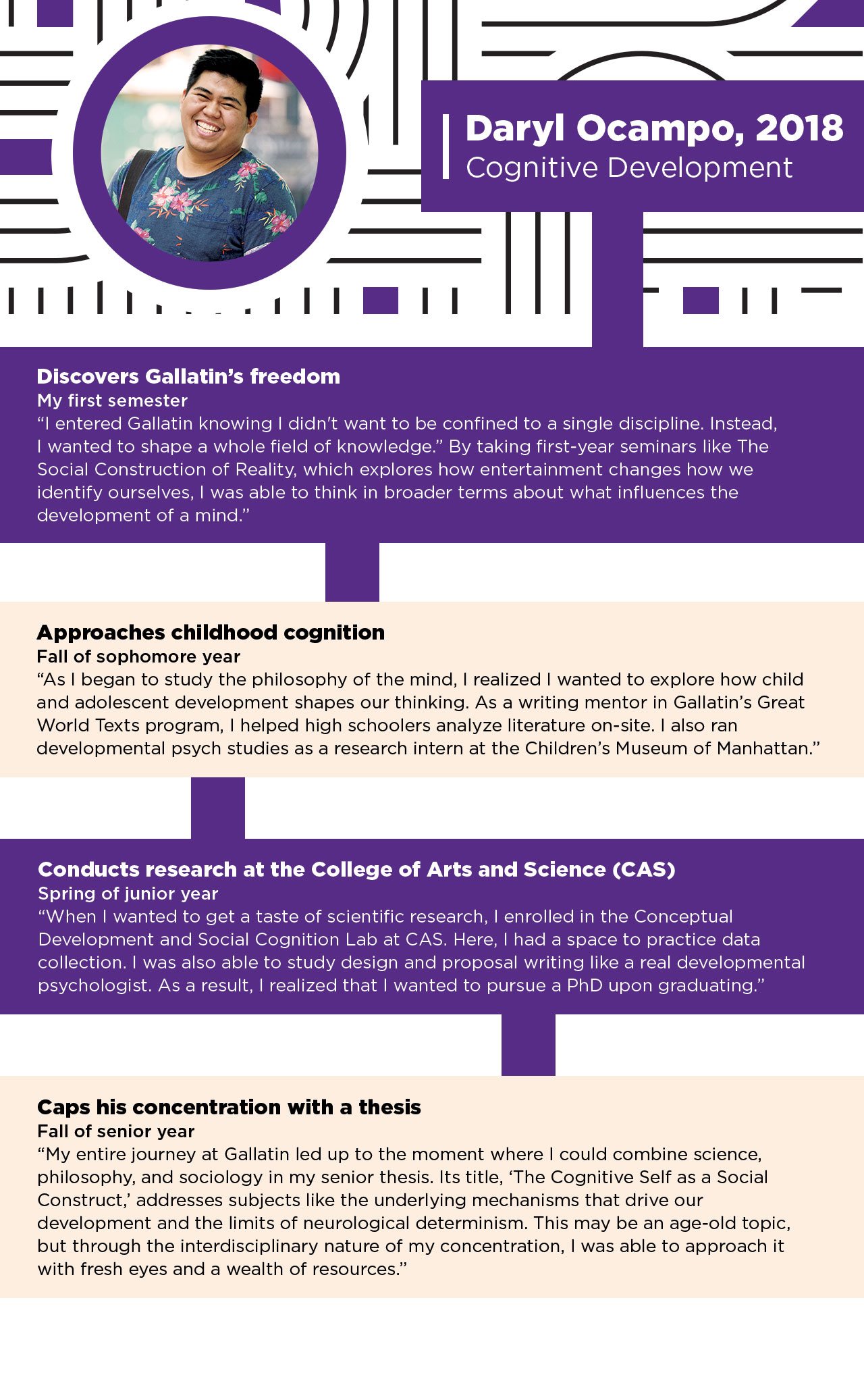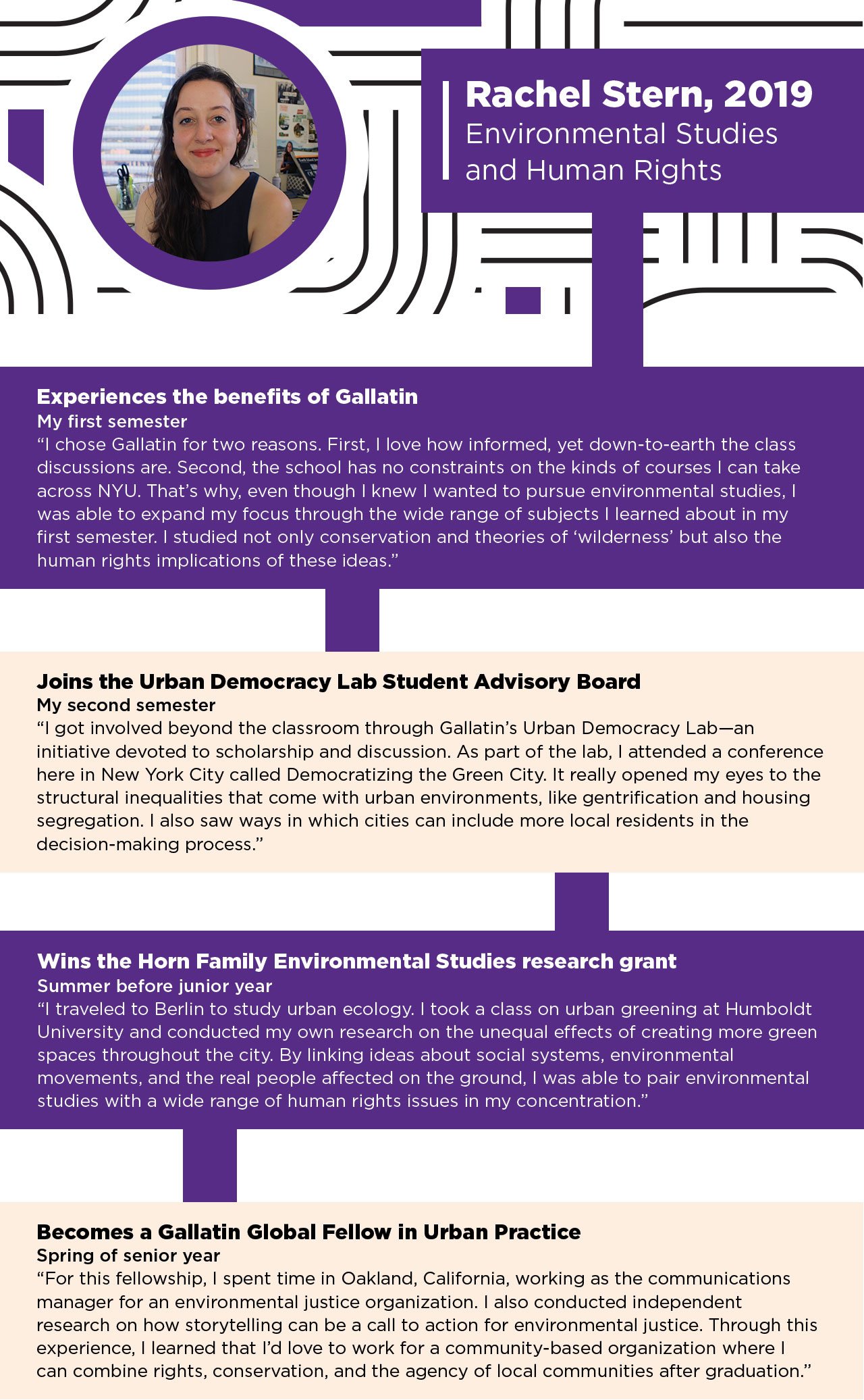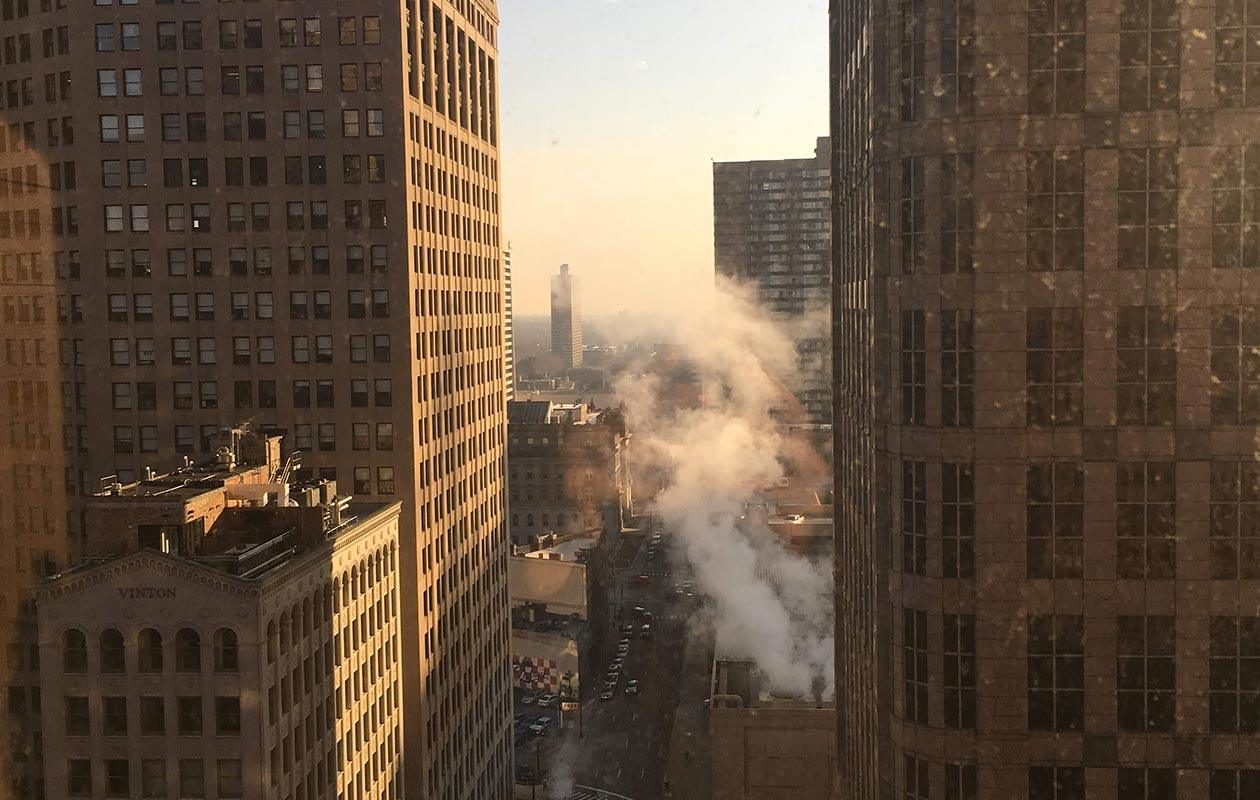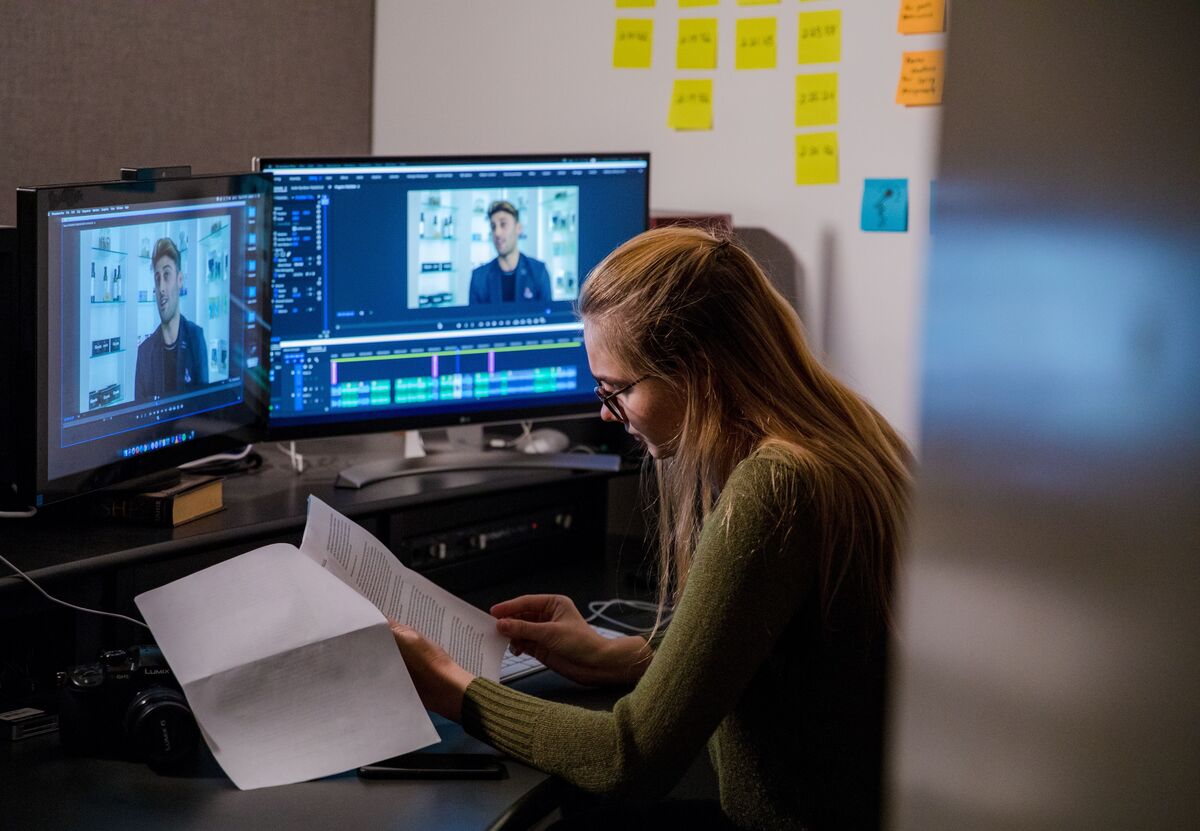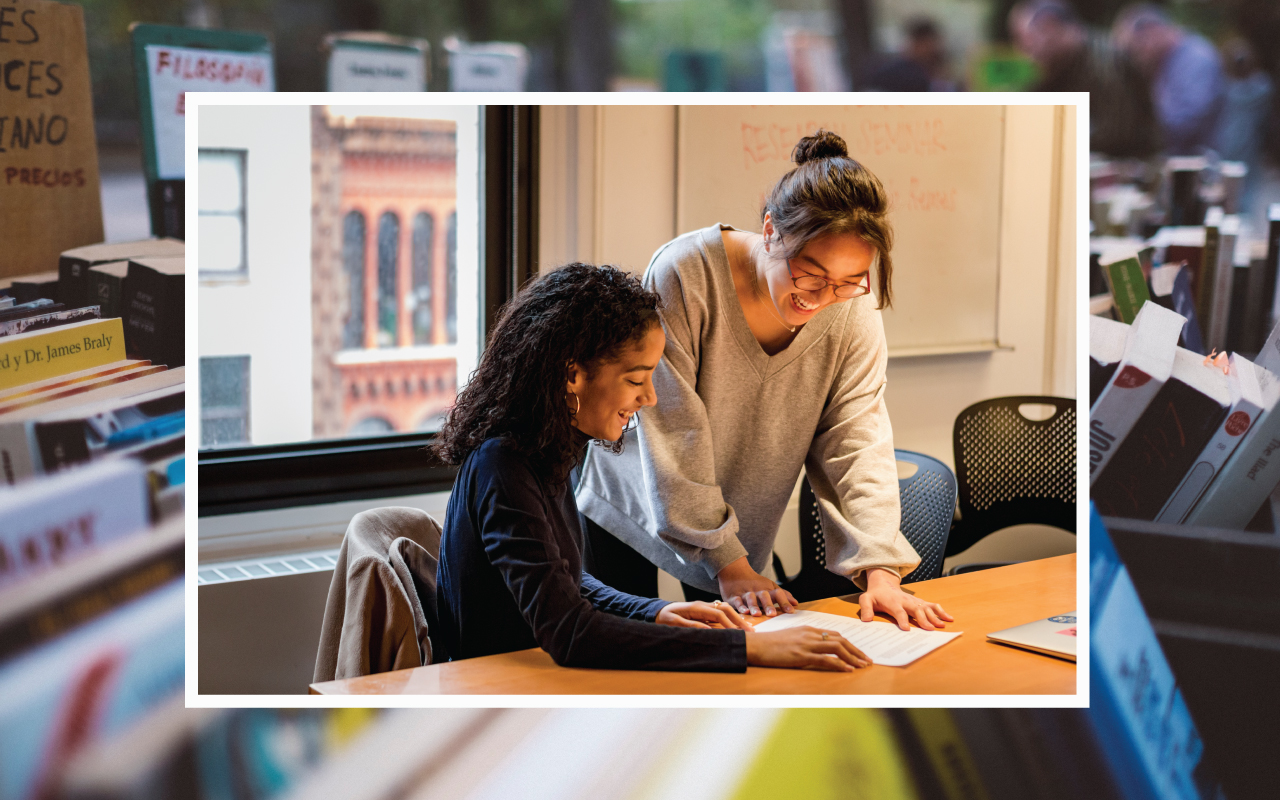What would you choose to study if you had a world of classes, professors, and disciplines at your fingertips? At the NYU Gallatin School of Individualized Study, students find answers to this question while creating their own unique academic concentrations. Gallatin empowers students to delve deeply into anything and everything that sparks their interest. In order to see how the process unfolds, we asked two students to share their journeys.
